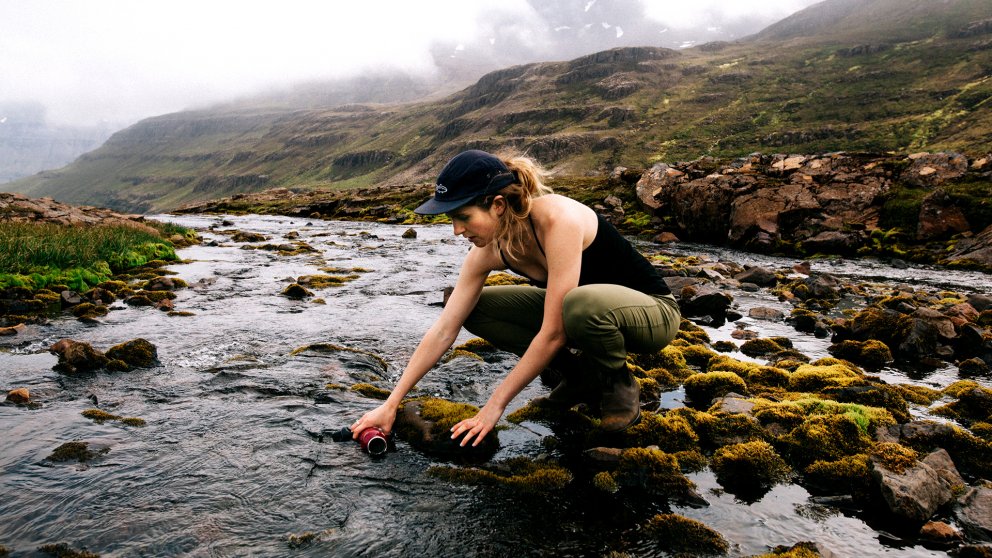Icelandic Water
Icelandic Water
Fresh water is an abundant resource in Iceland and water is generally unpolluted. Both surface water and groundwater originate from precipitation (rain and snow), as do glaciers. Surface water is found on the Earth‘s surface, where it forms lakes, ponds, rivers and streams.
Permeability
The permeability of strata is variable and depends on the age of the Icelandic bedrock. Permeability is highest in Iceland‘s active volcanic zones, which are characterised by young rock and deep fissures. Groundwater is water that has seeped into the ground, infiltrating fissures and cavities in the bedrock, where it can reach down to considerable depths. If groundwater comes into contact with hot intrusive rock then the water will heat up, causing it to rise to the surface and form a geothermal area.
Access to water
Access to water is of primary importance for the well-being of the Icelanders and the uses of water are diverse. Aquifers provide drinking-water, geothermal water is used for house heating and the power of glacial rivers and geothermal steam for electricity production. Rivers and lakes support a diversity of aquatic life.
Drinking Water
Drinking water in Iceland originates mainly from groundwater (96%). Icelandic water has a low chemical content compared to that of other countries, a major factor being the mainly basaltic composition of the bedrock. Drinking water is alkaline, with a pH of 6.5-9.5. Low concentrations of calcium and magnesium ions mean that the water is classified as soft. The quality of tap water is well monitored so it‘s safe to drink straight from the tap. It is available all over Iceland and it‘s completely free.
Legislation and regulations
Access to clean drinking water is defined as a basic human right, essential for the well-being of allt the Earth‘s inhabitants. In 2007, Iceland adopted the EU Water Framework Directive from 2000. The Water Framework Directive contains rules on water collection, water protection and monitoring. Icelandic legislation and regulations on water protection expressly ban water pollution. The Environment Agency of Iceland, together with municipal boards of health, handles monitoring of water protection areas and the Icelandic Meteorological Office is responsible for hydrological research in Iceland.

